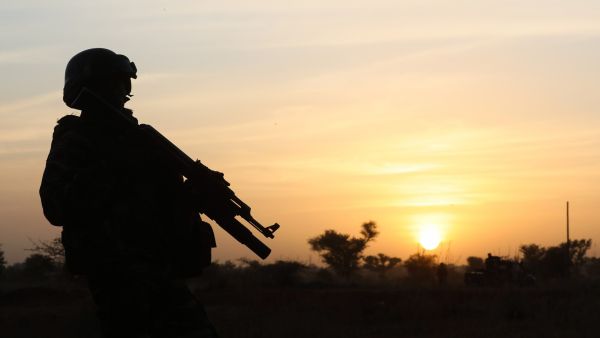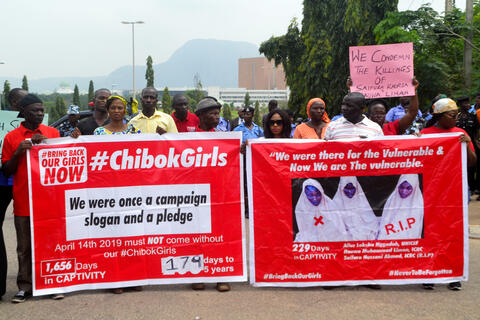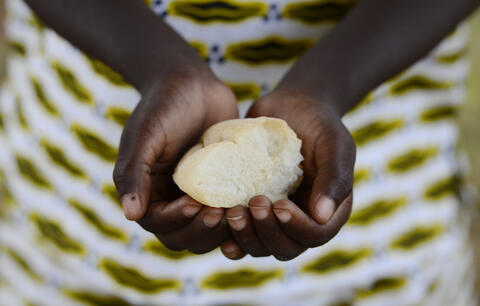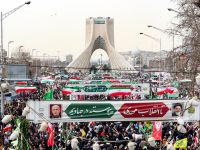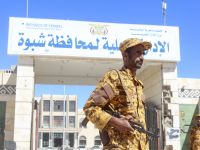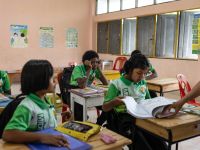Human Rights Watch revealed on Wednesday that terror attacks have killed over 420 civilians and forced tens of thousands more to leave their homes in western Niger since January this year.
The rights group said in a report that it documented nine attacks between January and July in the western Tillaberi and Tahoua regions, located near the Mali and Burkina Faso borders.
Over 420 Civilians Killed In Western Niger Terror Attacks This Year – Human Rights Watch https://t.co/ub8bNN304Z
— Independent Nigeria (@IndependentNGR) August 11, 2021
HRW spoke to witnesses who said the “attackers summarily executed civilians in their homes, after forcing them off public transport, at wells, and funerals; and while they farmed or watered their animals.”
“Among those killed were village chiefs, imams, people with disabilities, and numerous children, some executed after being ripped from their parents’ arms,” the report said.
According to HRW findings, western Niger has seen a deadly surge in attacks by terror groups allied to Daesh/ISIS and, to a lesser extent, al-Qaeda.
From 2015 to 2019, terrorist groups attacked Niger’s security forces and civilians mostly in the southeastern parts of the country, the report said.
AFP: More than 420 civilians have been killed in #jihadist_attacks in western #Niger this year and tens of thousands of people have fled their homes, Human Rights Watch (#HRW) said on Wednesday. pic.twitter.com/4QLX0RSb4R
— Usama Farag (@VOAFarag) August 11, 2021
Since 2019, the terror groups, mainly the Nigeria-based Boko Haram and the Islamic State West Africa Province, have started mounting assaults in western Niger, it added.
The rights group called on Niger’s authorities to “take urgent steps to stop the upsurge in killings of civilians.”
“They should establish early warning networks, reduce the army’s response times to threatened villages, and create committees composed of civilians, security forces, and civil society groups to identify and respond to urgent protection needs,” read the HRW report.
This article has been adapted from its original source.


